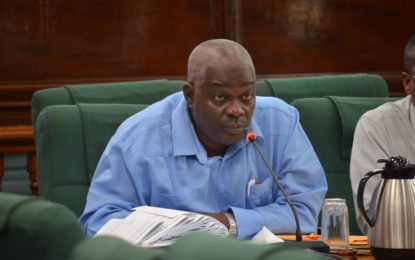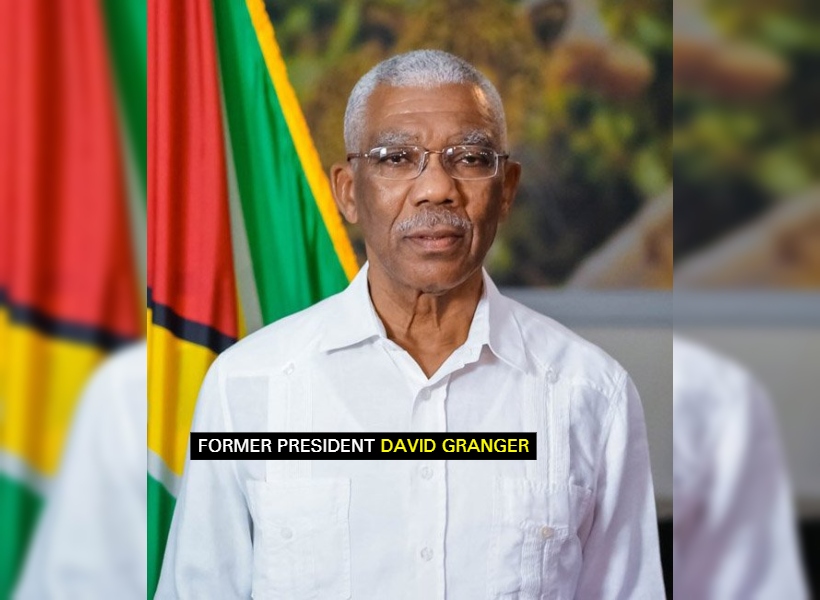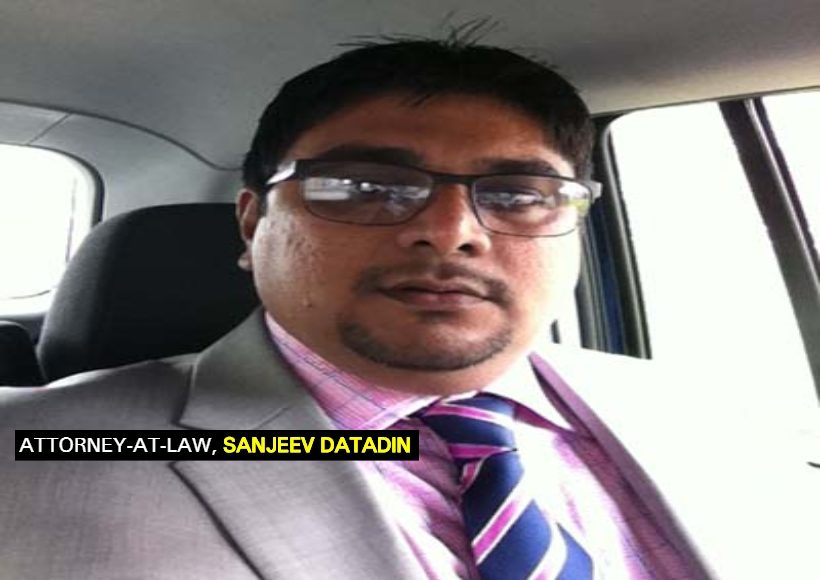Last week, when Chief Elections Officer (CEO) Keith Lowenfield presented his latest report to the Chair of the Guyana Elections Commission (GECOM), Claudette Singh, he attached a letter stating that he took note of the “guidance” offered by the Court of Appeal via its ruling in the Eslyn David’s case.

The court had interpreted “votes cast” to mean “valid votes cast.”
Having such guidance, Lowenfield offered a result of the March 2020 elections that goes contrary to the figures coming out of the recount of votes cast; and, in such a scenario, APNU+AFC emerged as the winner.
But, according to Attorney-at-Law, Raphael Ajodhia, representing APNU’s Joseph Harmon in the very Eslyn David’s case, which has been taken to the Caribbean Court of Justice (CCJ), the Court of Appeal did not offer any guidance tantamount to that which was referred to by Lowenfield. This is reflected in the written submissions filed with the CCJ by Ajodhia on behalf of Harmon.
The Trinidadian attorney wrote, “…the Court of Appeal made no determination as to whether the votes cast were valid or not, and, imposed no criteria by which the validity of votes would be determined. The Court of Appeal simply exercised its jurisdiction in a limited manner to interpret Article 177 (2) (b) of the Constitution to mean ‘more valid votes are cast…’ It is difficult to see, with respect, what the objection to this finding is when divorced partisan perspectives.”
Ajodhia further told the court, “Simply put, the effect of the Court of Appeal’s decision is that the election of a President will be determined on the basis of valid votes in accordance with the law. The determination of what constituted valid votes was not a matter that the Court of Appeal, properly, purported to exercise jurisdiction over, and, accordingly, there can be no serious objection to the decision when viewed objectively.”
Speaking with Guyana Standard this evening, People’s Progressive Party/ Civic (PPP/C) aligned attorney, Sanjeev Datadin said, “It is as if they are on our side. I say this because ever since Lowenfield pulled that stunt, (on deciding which votes are valid) we maintained that he had no legal standing to do so. Now even they (APNU) are admitting that the court did not set out criteria to determine valid votes. So what did Lowenfield rely on?”
Datadin said that the view of the “other side” makes it even more perplexing for anyone to determine what exactly Lowenfield was referring to in his letter to the Commission where he proposed the fraudulent declaration of the winner of the election.
Further to this, the lawyer said that one has to bear in mind that Lowenfield had submitted a previous report to the Commission where he declared that on the basis of the recount, that the PPP won the elections. Datadin also intimated that Lowenfield had said in that report that by some mystical process, he determined that APNU/AFC won two-thirds of the seats in the Parliament. “It was a proposition for which he had no evidence, offered no reasoning and was blatantly fraudulent. And now we see that even the attorneys, who brought the claim in the Court of Appeal, now admitting that the court did not determine valid votes nor did the court put a criterion upon which valid votes are to be determined,” the lawyer stated while adding that it can only mean that Lowenfield erred in law when he thought he obtained the guidance of valid votes from the Court of Appeal.
Datadin also told Guyana Standard that Lowenfield simply made up the numbers and used the Court of Appeal’s decision as a shield to fraudulently declare APNU as the winner of the elections when the transparent recount data shows that was clearly not the case.











